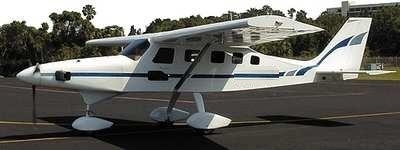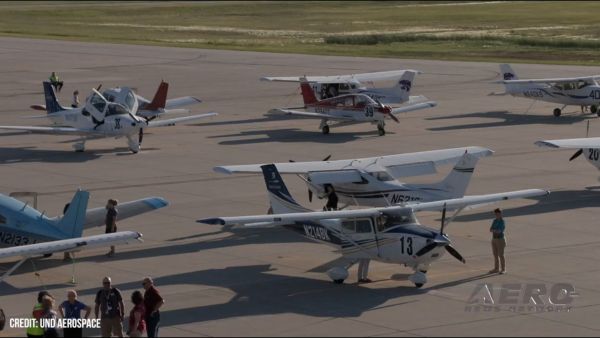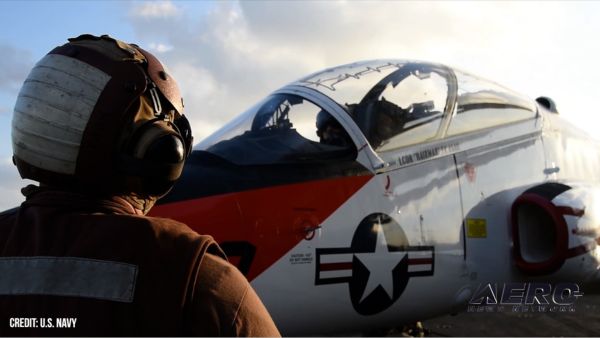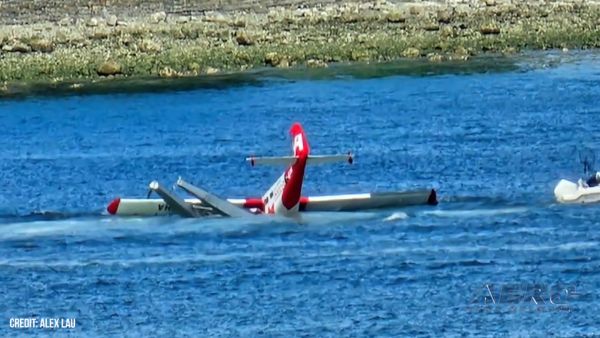Thu, Oct 31, 2013
Advertisement
More News
 ANNouncement: Now Accepting Applications For Oshkosh 2024 Stringers!!!
ANNouncement: Now Accepting Applications For Oshkosh 2024 Stringers!!!
An Amazing Experience Awaits The Chosen Few... Oshkosh, to us, seems the perfect place to get started on watching aviation recover the past couple of years... and so ANN is putting>[...]
 Aero-News: Quote of the Day (06.13.24)
Aero-News: Quote of the Day (06.13.24)
“NBAA has a tremendous responsibility to the business aviation industry, and we are constantly collaborating with them. Our flight departments, professionals and aircraft own>[...]
 ANN's Daily Aero-Term (06.13.24): Dead Reckoning
ANN's Daily Aero-Term (06.13.24): Dead Reckoning
Dead Reckoning Dead reckoning, as applied to flying, is the navigation of an airplane solely by means of computations based on airspeed, course, heading, wind direction, and speed,>[...]
 ANN's Daily Aero-Linx (06.13.24)
ANN's Daily Aero-Linx (06.13.24)
Aero Linx: Vertical Aviation Safety Team (VAST) We are a public–private initiative to enhance worldwide flight operations safety in all segments of the vertical flight indust>[...]
 ANN FAQ: How Do I Become A News Spy?
ANN FAQ: How Do I Become A News Spy?
We're Everywhere... Thanks To You! Even with the vast resources and incredibly far-reaching scope of the Aero-News Network, every now and then a story that should be reported on sl>[...]
blog comments powered by Disqus




